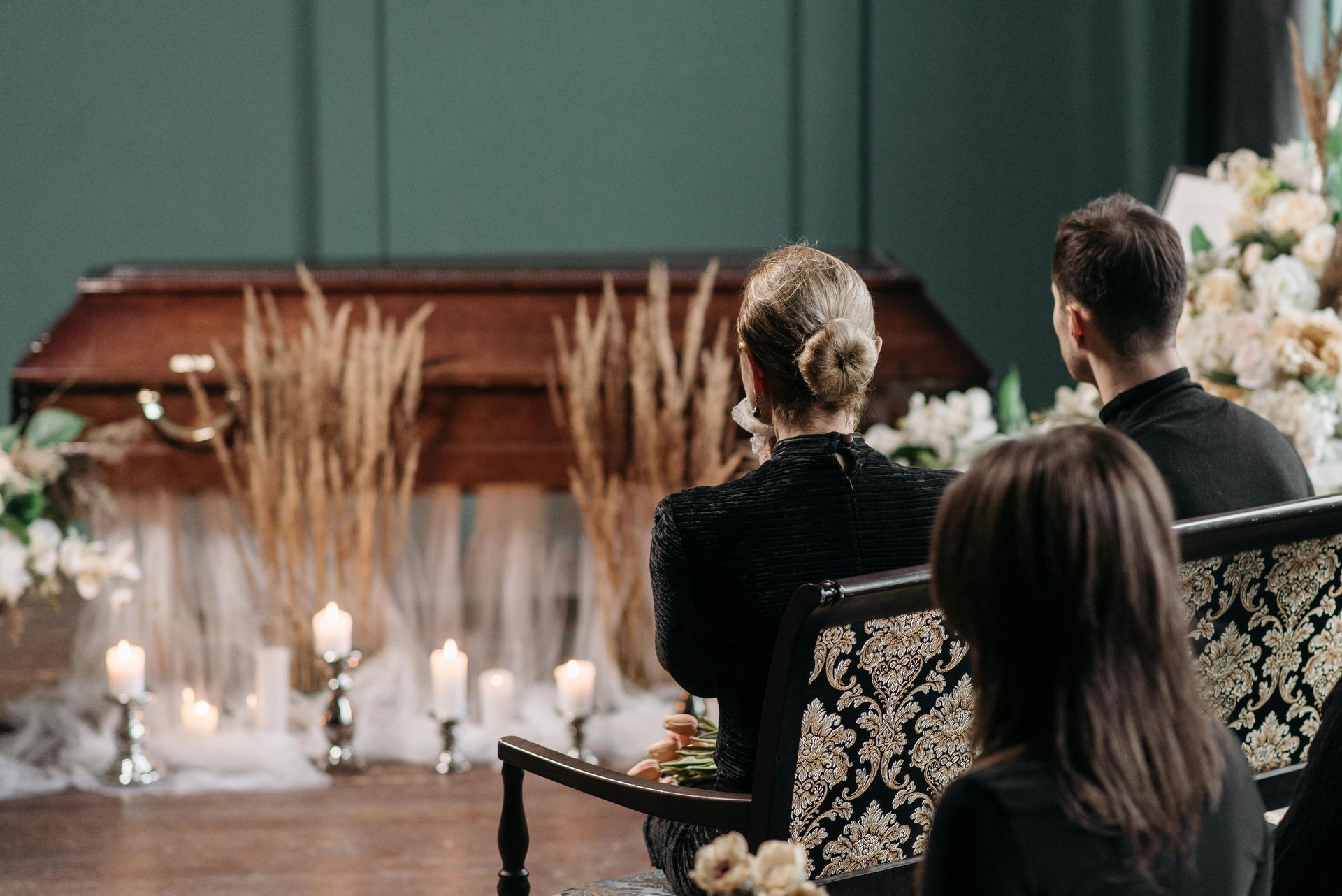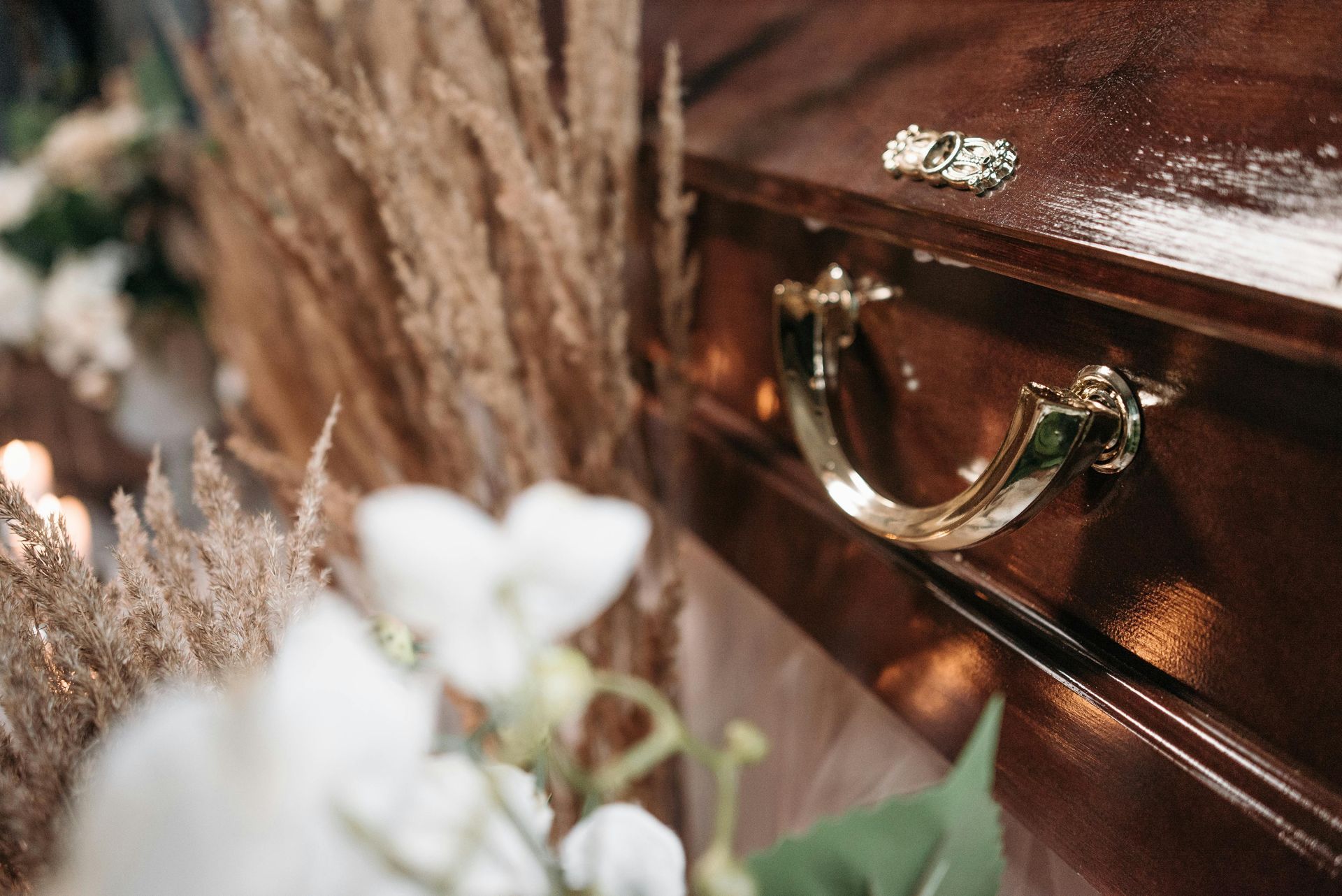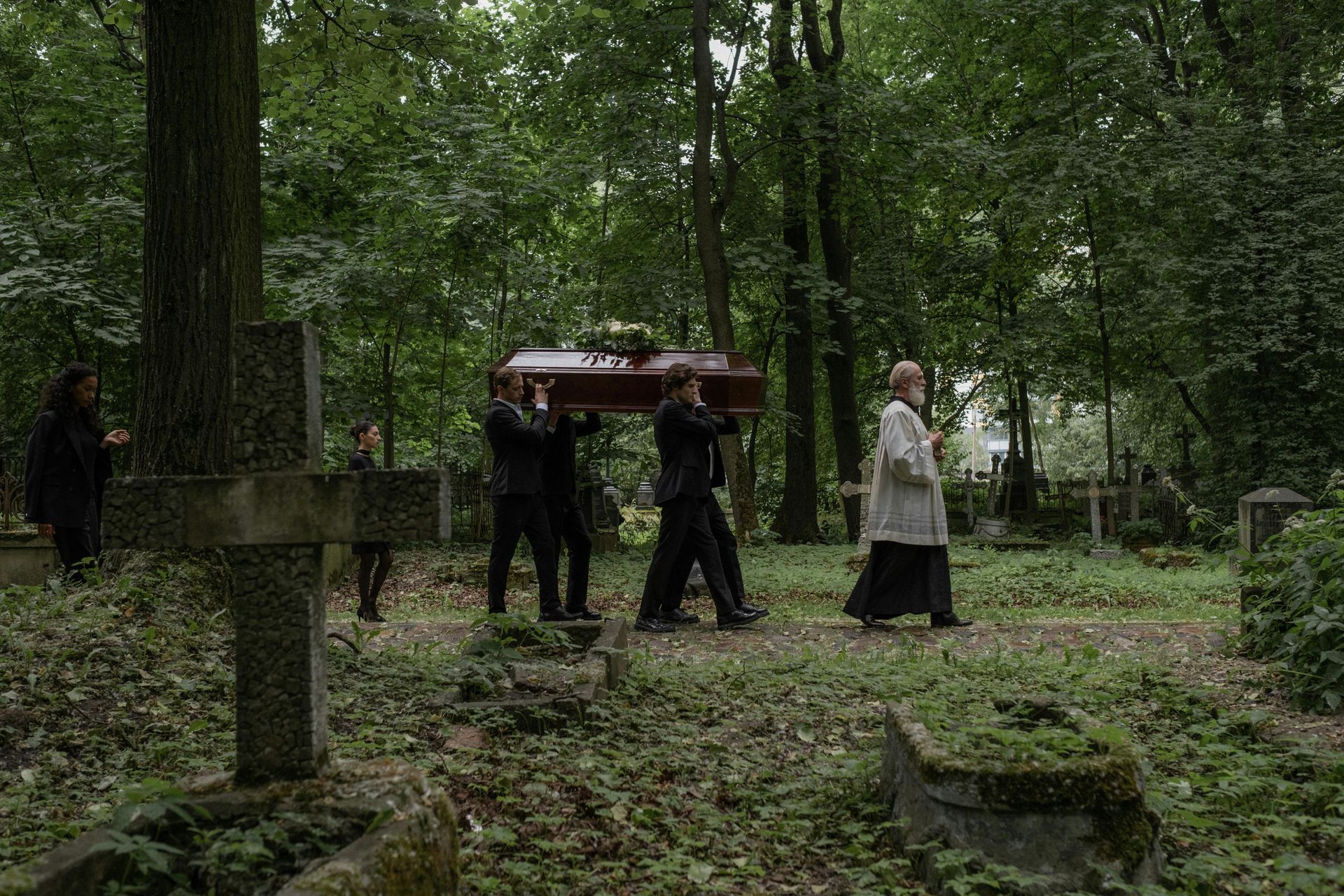Traditional Funeral Services
Traditional funeral services provide families with a familiar and meaningful way to honor a loved one’s life. These services often include time for remembrance, rituals that reflect faith or cultural traditions, and opportunities for family and friends to gather in support. While details can be personalized, traditional funerals typically follow a structure that balances ceremony with comfort.
What to Expect in a Traditional Service

Typically Included
Traditional services often involve the selection of a casket, floral arrangements, and memorial stationery. Clergy or an officiant may lead the service, while family and friends may participate by delivering eulogies, readings, or music. Following the service, there is usually a procession to the cemetery, where a committal or graveside service takes place. Pallbearers, chosen from close family or friends, may assist in honoring the loved one during this part of the ceremony.

The Value of Tradition

